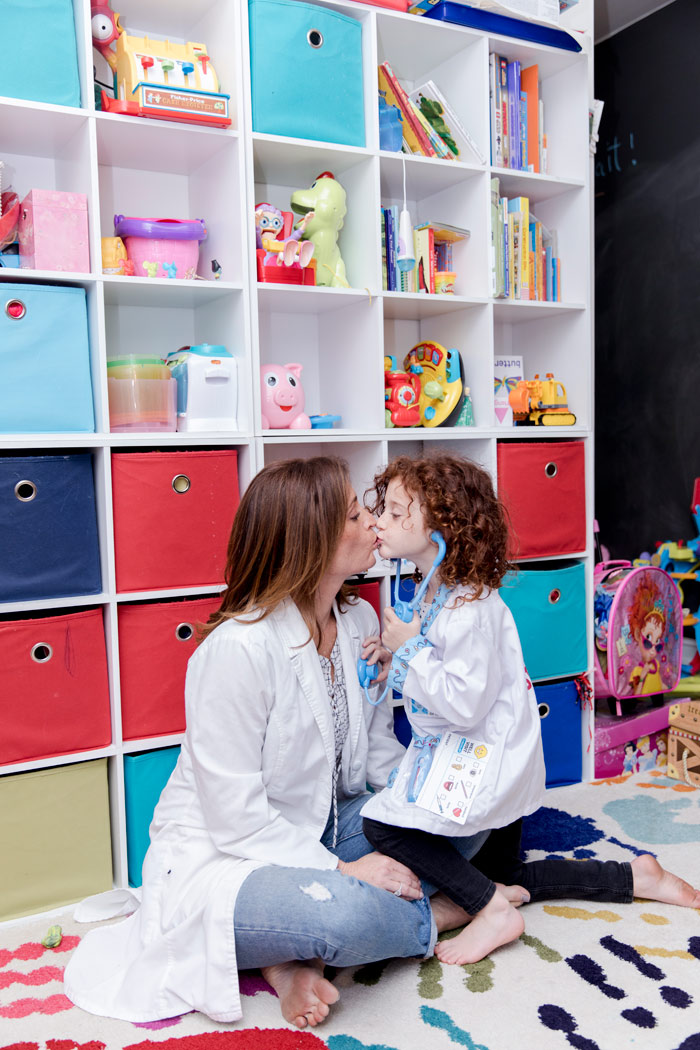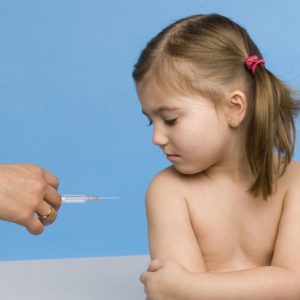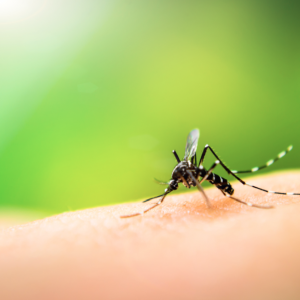
Coronarvirus: Need-to-Know Details Straight from a Pediatrician
You can’t pick up a newspaper or turn on the TV without hearing about the 2019 Novel Coronarvirus. It has caused a worldwide panic. Wait times in Emergency Rooms have doubled, and pediatricians’ offices are packed with parents wanting to ensure their child’s symptoms are not a result of the new dangerous virus. So what exactly do you need to know with the recent coronavirus outbreak sweeping the United States?
Coronavirus Outbreak Q&A with a Pediatrician
International travel is out, toilet paper and bottled water are sold out everywhere as people stock up for quarantine, and COVID-19 is the headline of almost every article and news segment right now.
With spring break happening around the country, I am getting flooded with questions about the safety concerns with domestic travel and what to do to ensure your family stays healthy.
First of all, during any outbreak of illness, it is important to stay calm and get educated. I truly believe that knowledge is power.
So with all the media attention on the coronavirus outbreak, let’s break down what you need to know and the steps you can take to keep your family healthy.
We are scheduled to go on a Disney cruise for Spring Break. Should we cancel our cruise vacation?
Currently, Disney has closed their U.S. theme parks AND Disney cruises in the U.S. through the end of March 2020. The CDC also recommends all travelers defer cruise ship travel worldwide. There are several reasons cruising can increase your risk of contracting COVID-19. Cruises are designed to work like a small city. There are many communal areas where travelers eat and swim.
These factors paired with the close living quarters can lead to a fast spreading virus.
This disease becomes particularly worrisome for older travelers with pre-existing medical conditions. It is also important to note that if a traveler on a cruise ship did develop symptoms and tested positive for COVID-19, it would require a quarantine that will be incredibly hard for a family with small children.
If coronavirus isn’t dangerous for children, why are the closing down school?
Fortunately, the current data on coronavirus in revealing that this virus is less severe in children. Children are not getting the severe respiratory complications that are so concerning in the older population.
However, kids play a huge role in the spread of the virus.
Many children can actually carry the virus with little to no symptoms at all. They still, however, are contagious to others and can play a devastating role in transmitting the virus to their grandparents, teachers, and caregivers. Much of the measures being placed, such as travel bans, canceling large events, and closing down schools are in hopes to prevent the spread of the virus.
With the virus becoming more prevalent in the United States, is it okay to fly domestically?
The U.S. government has restricted travel outside of the U.S., requiring anyone coming into the country to fly into specific airports for screening. As of right now, domestic travel within the U.S. is not restricted.
However, it truly depends on your rick tolerance. The close quarters of airplanes and mass population in airports does increase your risk of contracting any illness.
If you are going to visit grandparents or individuals who may have a compromised immune system, it might be worth it to reschedule. It is important to also take in consideration the entire household. Although children are not considered high risk, there is still the risk of transmitting the virus to older individuals living in the household.
We have decided to go ahead with our domestic travel plans. Should we wear masks on the airplane?
Masks are helpful in preventing the spread of germs, but not necessarily for the reasons that you think. Most individuals are buying and wearing surgical masks which are not protective against viral particles. These masks are thinner and not designed to keep out viral particles, as they do not typically fit tightly around the nose and the cheeks.
A more specialized respiratory mask, N95 respirator, is protective against COVID-19. However, it isn’t readily available for the public.
Coronavirus is spread through respiratory droplets. Unless someone coughs or sneezes within 6 feet of you, you will not contract the virus from the air. The air will not infect you. Coming in contact with infected respiratory droplets, which land on different surfaces, will.
It is more likely you would become infected from touching a surface with respiratory droplets rather than from someone coughing or sneezing. The virus can live on these surfaces for a long period of time. That makes it hard to control the spread of the virus.
Avoid touching door knobs, elevator buttons, sinks, and toilet handles.
If the virus were to stay on your hands, you wouldn’t become infected. The only way the virus can infect you is through your nose or mouth either by coming into contact with respiratory droplets or by your infected hands.
It is so important to wash your hands!
The average person touches their face 2,000 to 3,000 times a day! So wearing a mask will help prevent you from touching your face. But that’s pretty much the only way a mask is helpful.
The reality is the most effective and important thing to do is to wipe down surfaces, and WASH YOUR HANDS.
I cant find hand sanitizer anywhere, what do you suggest I do?
All you need is soap and water!
In reality, washing your hands is just as effective as (if not more effective than) using hand sanitizer. Remember to wash all the surfaces of your hands for at least 20 seconds. It is so important to have good hand washing hygiene. But it is also important to teach your children how to effectively wash their hands.
Good hygiene habits will help you lower your chance of getting coronavirus and help you stay healthy through cold and flu season.
My child has cold-like symptoms, and I want her tested! How do I go about getting the coronavirus test?
Before going to your pediatrician or emergency room, call ahead of time. Many doctors do not have the test readily available. We still don’t have access to easily test for coronavirus.
Also, don’t count the flu out yet! Many symptoms of COVID-19 are similar to flu symptoms, so it’s important to not panic and call your pediatrician for their input.
The chance of having influenza is still high!
Important Tips to Keep Your Household Healthy
- Be aware of your surroundings. Certain areas such as public bathrooms, movie theaters, shopping centers, and restaurants have a higher volume of people. Don’t directly touch door knobs, elevator buttons, light switches, sinks, and toilet handles. Use a tissue, and throw it away after use. Try to open doors without using your hands.
- Try to avoid greeting people with hand shakes or hugs.
- When going to the grocery store, wipe down handles and child seats in grocery carts.
- WASH YOUR HANDS. Wash your hands with soap for at least 20 seconds. When you do use hand sanitizer, make sure it has a 60% alcohol content.
- Practice good sneezing and coughing hygiene. Cough and sneeze into your elbow or shirt sleeve to avoid sending respiratory droplets into the air.
- Practice good healthy habits. Get a full night’s sleep and continue to eat a healthy diet.
Final Thoughts on the Coronavirus Outbreak
News of the recent coronavirus outbreak can be overwhelming. But try not to panic, take necessary precautions to protect yourself and your family, and practice good hand washing hygiene.
~Dr. Katie



